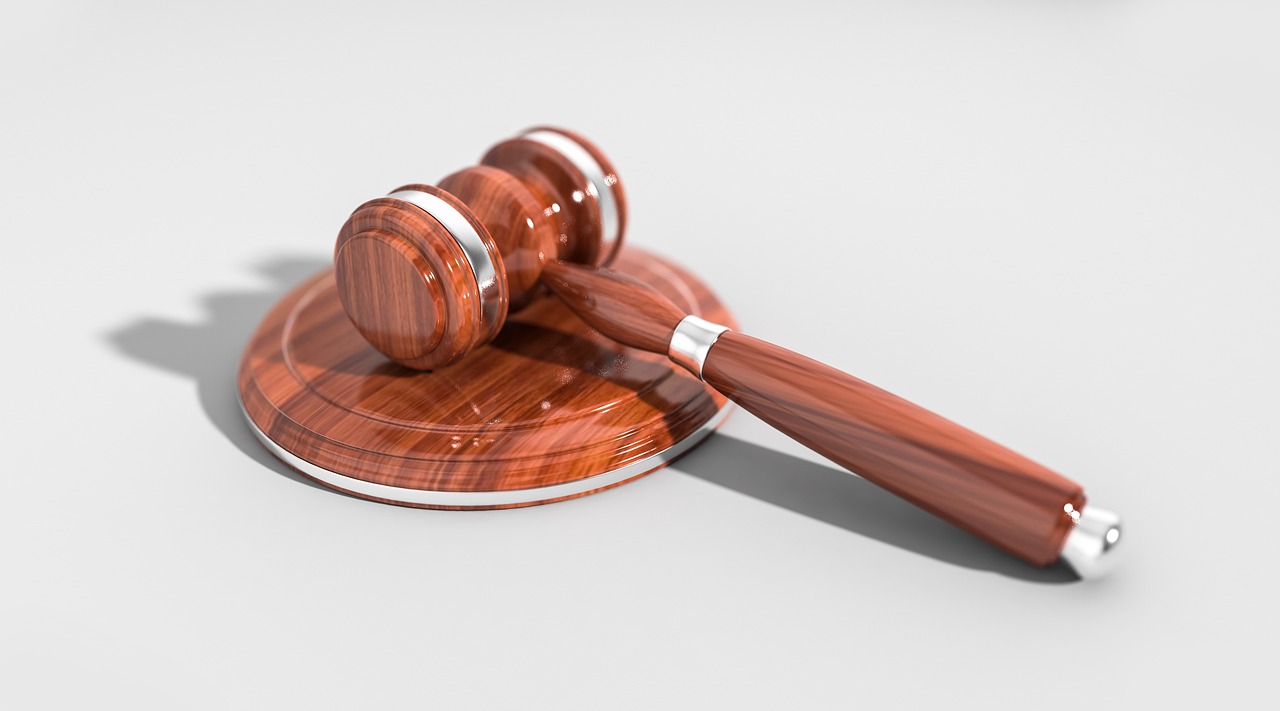In News
- In a landmark judgment, the Supreme Court ruled that Members of Parliament (MPs) and Members of Legislative Assemblies (MLAs) cannot claim any immunity from prosecution for accepting bribes to cast a vote or make a speech in the House in a particular fashion.
About the case
- Sita Soren, a member of the Jharkhand Mukti Morcha (JMM), was accused of accepting a bribe to cast her vote in favour of a certain candidate in the Rajya Sabha elections of 2012.
- Last year, a five-judge Bench headed by CJI Chandrachud doubted the correctness of the majority view in P.V. Narasimha and accordingly referred the matter to a seven-judge Bench.
- While recognising that it is an “important issue that concerns our polity”, the bench added that the object of parliamentary privileges is not to set apart the members of the legislature as persons who wield higher privileges in terms of immunity from the application of the general criminal law of the land.
1998 ruling
- Two of the judges on that Constitution Bench opined that the immunity granted under Articles 105(2) or 194(2) could not be extended to cases concerning bribery allegations for making a speech or voting in a particular manner in the House.
- On the other hand, the majority of the judges observed that although they were “acutely conscious of the seriousness of the offence,” such a “sense of indignation” should not lead to a narrow construction of the constitutional provisions, as this may result in the impairment of the guarantee of “parliamentary participation and debate”.
No violation of the doctrine of stare decisis- a legal principle that obligates judges to adhere to prior verdicts while ruling on a similar case.
- However, such contention was dismissed by observing that the doctrine is not an “inflexible rule of law” and that a larger bench is well within its limits to reconsider a prior decision in appropriate cases.
- “The judgment of the majority in P.V. Narasimha Rao (supra), which grants immunity from prosecution to a member of the legislature who has allegedly engaged in bribery for casting a vote or speaking has wide ramifications on public interest, probity in public life and parliamentary democracy.
- There is a grave danger of this Court allowing an error to be perpetuated if the decision were not reconsidered.
Legislative privileges have to conform with constitutional parameters- Tracing the history of parliamentary privileges in India, the Court said that unlike the House of Commons in the United Kingdom,
India does not have ‘ancient and undoubted’ rights vested after a struggle between the Parliament and the King.
- Instead, such rights in India have always flown from a statute, which after independence transitioned to a constitutional privilege.
- Thus, whether a claim to privilege in a particular case conforms to the parameters of the Constitution is amenable to judicial review
Constitutional immunity from bribery charges does not fulfill “two-fold test”-While elaborating upon the purpose of
Articles 105 and 194, the Chief Justice pointed out that such privileges are guaranteed to sustain an environment in which debate and deliberation can take place within the legislature.
- However, such a purpose is destroyed when a member is induced to vote or speak in a certain manner following an act of bribery.
Bribery not immune just because it is not essential to the way a vote is cast- Clause (2) of
Article 105 has two limbs.
- The first prescribes that a member of Parliament shall not be liable before any court in respect of “anything said or any vote given” by them in Parliament or any committee thereof.
- The second limb prescribes that no person shall be liable before any court “in respect of” the publication by or under the authority of either House of Parliament of any report, paper, vote or proceedings.
- In P.V. Narasimha Rao, the Court observed that the expression “in respect of” in Article 105(2) must receive a “broad meaning” to protect MPs from any proceedings in a court of law that relate to, concern or have a connection or nexus with anything said or a vote given by him in the Parliament.
- It therefore concluded that a bribe given to purchase the vote of an MP was immune from prosecution under this provision.
- Bribery is not rendered immune under Article 105(2) and the corresponding provision of Article 194 because a member engaging in bribery commits a crime which is not essential to the casting of the vote or the ability to decide on how the vote should be cast.
- The same principle applies to bribery in connection with a speech in the House or a Committee,” the verdict further elucidates.
Legislative privileges apply equally to Rajya Sabha elections- The Court also clarified that the principles enunciated by the verdict regarding legislative privileges will apply equally to elections to the Rajya Sabha and to appoint the President and Vice-President of the country.
- Accordingly, it overruled the observations in Kuldip Nayar v. Union of India (2006), which held that elections to the Rajya Sabha are not proceedings of the legislature but a mere exercise of franchise and therefore fall outside the ambit of parliamentary privileges under Article 194.
- It also pointed out that immunity guaranteed to legislators has been colloquially called a “parliamentary privilege” and not “legislative privilege” for a reason.
- Thus, it cannot be restricted to only law-making on the floor of the House but extends to other powers and responsibilities of elected members, which take place in the legislature or Parliament, and even when the House is not in session.
Source- The Hindu





